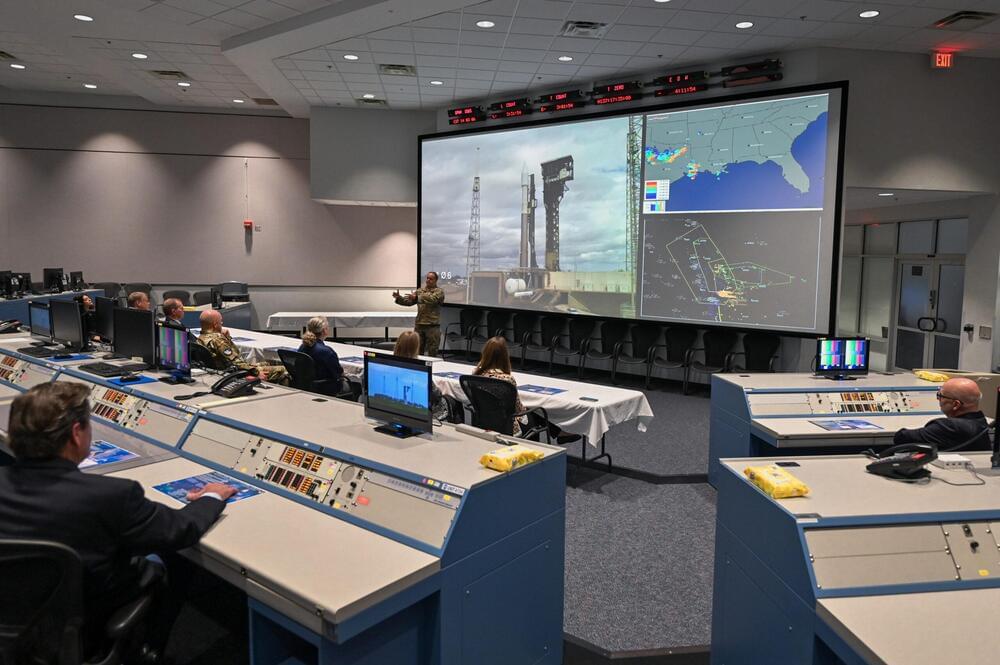Jan 11, 2024
Space Force to award multiple contracts for ‘Digital Spaceport’ up to $1.9 million each
Posted by Genevieve Klien in categories: business, space
WASHINGTON — SpaceWERX, the technology arm of the U.S. Space Force, is looking to award a new round of Small Business Innovation Research contracts worth up to $1.9 million each for IT infrastructure upgrades at the Eastern and Western launch ranges.
The project known as Digital Spaceport of the Future was announced earlier this month. SpaceWERX officials on Jan. 10 said launch ranges are in dire need of IT upgrades and are seeking proposals from the private sector by February 7.
Maj. Jareth Lamb, deputy director of SpaceWERX, said during a briefing that the contracts will be “direct to Phase 2” SBIR/STTR agreements. These are Small Business Innovation Research/Small Business Technology Transfer deals that require collaboration between small businesses and non-profit research institutions.


















